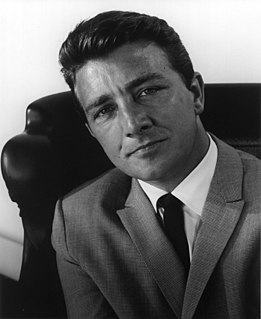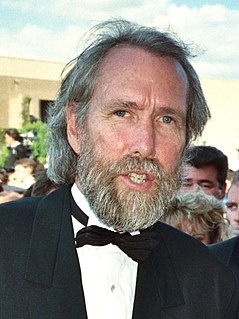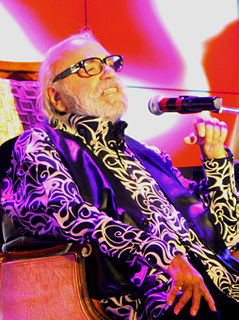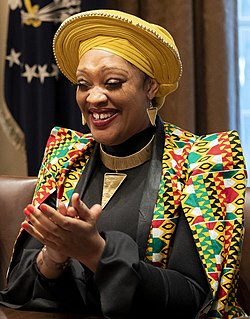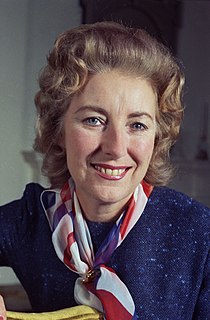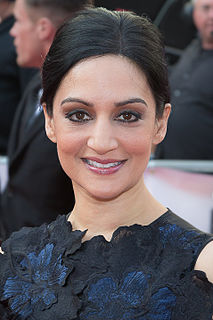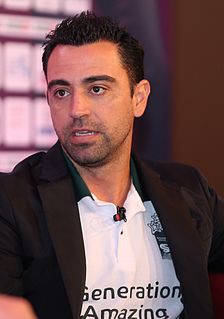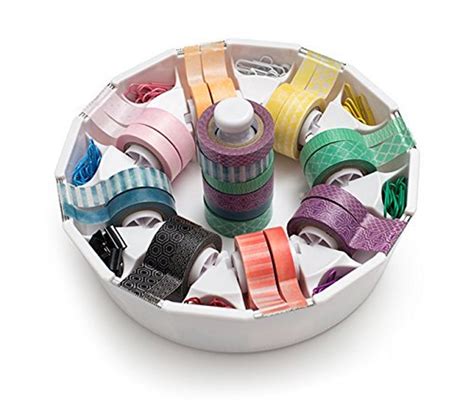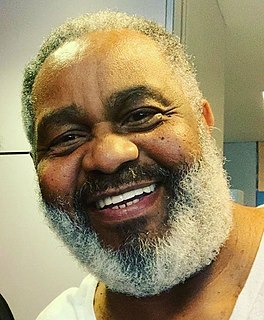A Quote by Richard Dawson
The first time I ever saw people of any color was when D-Day left from my hometown in England, to go and free Europe from the war. And there was every color you could imagine, and I'd not seen that in England.
Related Quotes
For many years, I have been moved by the blue at the far edge of what can be seen, that color of horizons, of remote mountain ranges, of anything far away. The color of that distance is the color of an emotion, the color of solitude and of desire, the color of there seen from here, the color of where you are not. And the color of where you can never go.
Three years after my first trip to Haiti, I realized there was another emotional note that had to be reckoned with: the intense, vibrant color of these worlds. Searing light and intense color seemed somehow embedded in the cultures that I had begun working in, so utterly different from the gray-brown reticence of my New England background. Since then, I have worked predominantly in color.
It seems that the Internet is setting the standard for almost everything. I can't imagine having something like punk rock happen where an entire culture is doing one thing. It's not like all the kids in England are discovering the Stooges and the Ramones at the same time. All the kids in England are discovering every band that has ever existed. I can't imagine there being one huge cultural moment like there was in the past. Everything ends up being kind of postmodern.
